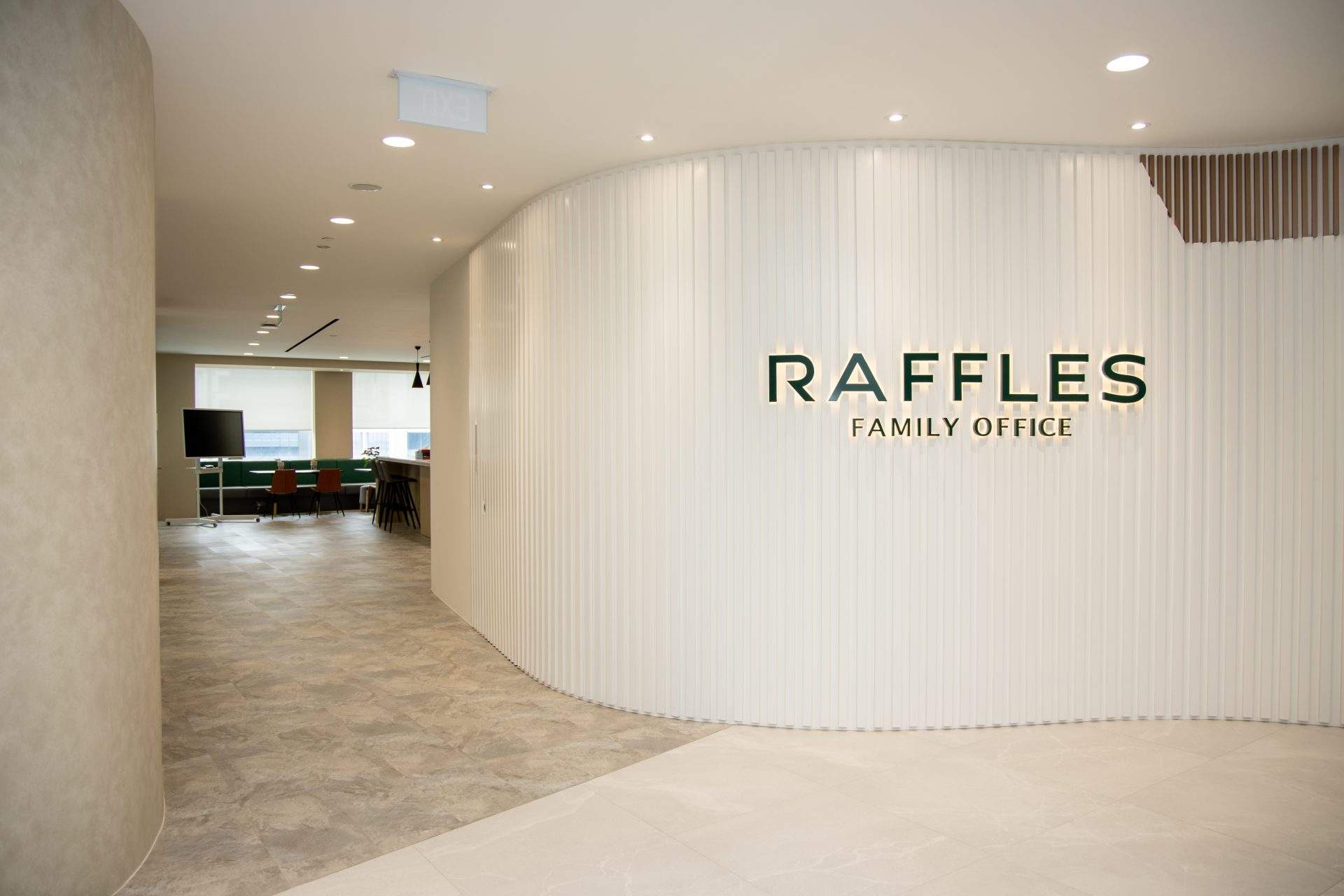Raffles Family Office bolsters private equity focus in Southeast Asia
 |
Raffles Family Office, an award-winning multifamily office with a full suite of wealth management services for ultra-high-net-worth individuals headquartered in Hong Kong and Singapore, is intensifying its commitment to private equity (PE) transactions within Southeast Asia, leveraging this approach as a means of bolstering its portfolio diversification.
This strategic move is partly driven by ongoing geopolitical tensions and regulatory risks emanating from China, further compounded by concerns surrounding rising interest rates, inflation, and the spectre of recession.
According to Dealstreetasia, Raffles Family Office has allocated between 10-15 per cent of its considerable assets under management specifically for investments in the PE realm, as revealed by Jo Huang, the firm's head of Private Equity.
Huang emphasised the value of geographical and sectoral flexibility as a risk mitigation measure for the company's investment undertakings, expressing a desire to expand its reach into various markets.
"We have invested more in Southeast Asia, and we have more exposure to global deals too. This year, we will continue to diversify into more markets," she told Dealstreetasia.
She also pointed out that the team possesses considerable expertise in the technology and healthcare sectors, which will be focal points for their investments. Additionally, Raffles Family Office aims to engage in more deals within North America and Europe.
The investment strategy adopted by Raffles Family Office entails relatively short holding periods, with a preference for considering exits within a single day.
Huang clarified the rationale behind this approach, stating, "As growth investors rather than venture capitalists, we seek to maintain proximity to the exit stage and avoid extended exposure to risk."
Despite the aforementioned diversification efforts, Raffles Family Office continues to maintain its investments in China, especially as the world's second-largest private equity market gradually reopens.
However, Dealstreetasia also noted that the firm adopts a cautious approach by implementing a protected structure and striving to balance potential risks.
Huang emphasised the importance of prudent risk management in navigating the evolving Chinese investment landscape.
PE investments have increasingly piqued the interest of family offices, with a recent report by Goldman Sachs revealing that over 40 per cent of surveyed family offices globally were actively seeking to augment their allocations into this asset class.
Furthermore, recent developments indicate a broader trend among family offices in the Asia-Pacific region, with a significant majority of 57 per cent expressing their intention to increase their exposure to PE funds, according to a report by Campden Wealth and Raffles Family Office.
This growing interest underscores the appeal of PE as a strategic investment avenue, offering the potential for attractive returns and diversification.
In line with its commitment to expanding its investment horizons, Raffles Family Office recently unveiled a real estate fund together with Tishman Speyer Properties, a prominent New York-based real estate firm. The partnership aims to fortify their presence in the thriving Asia-Pacific real estate market by targeting residential, logistics, redevelopment, and credit strategies.
In stark contrast to the ambitions of Raffles Family Office, the PE market in Southeast Asia experienced a downturn in 2022, as revealed by the Bain & Co. Southeast Asia Private Equity Report 2023.
The report highlights a confluence of factors, including an uncertain macroeconomic environment and challenging exit conditions, which contributed to a significant decline in both deal value and volume.
Accordingly, the total value of private equity deals in the region witnessed a sharp decline of 52 per cent and amounted to a mere $13 billion in 2022. This substantial decrease reflects the cautious approach adopted by investors amidst the prevailing economic uncertainties and the challenges associated with executing successful exits.
Furthermore, deal counts also experienced a notable decline of 15 per cent, with a total of 176 reported in 2022. This decline indicates a tapering of activity, particularly in the latter half of the year, as market participants exercised caution and adjusted their investment strategies in response to the market conditions.
 | Private equity deal value plunges by half in SE Asia According to the Bain & Co. Southeast Asia Private Equity Report 2023, the private equity (PE) deal market in the region had a disappointing run in 2022. |
What the stars mean:
★ Poor ★ ★ Promising ★★★ Good ★★★★ Very good ★★★★★ Exceptional
Related Contents
Latest News
More News
- South Korean VC completes buyout of Chicken Plus Vietnam (February 25, 2026 | 07:55)
- Marico buys 75 per cent of Vietnam skincare startup Skinetiq (February 10, 2026 | 14:44)
- Mitsubishi acquires Thuan An 1 residential development from PDR (February 09, 2026 | 08:00)
- KKR and Singtel step up data centre investment in Southeast Asia (February 06, 2026 | 13:09)
- New rules ease foreign access to Vietnam equities (February 05, 2026 | 17:29)
- Vietnam’s IFC creates bigger stage for M&As (February 01, 2026 | 08:16)
- Game startup Panthera raises $1.5 million in seed funding (January 29, 2026 | 15:13)
- Cool Japan Fund transfers shares of CLK Cold Storage (January 28, 2026 | 17:16)
- Nissha acquires majority stake in Vietnam medical device maker (January 26, 2026 | 15:40)
- BJC to spend $723 million acquiring MM Mega Market Vietnam (January 22, 2026 | 20:29)

 Tag:
Tag:




















 Mobile Version
Mobile Version